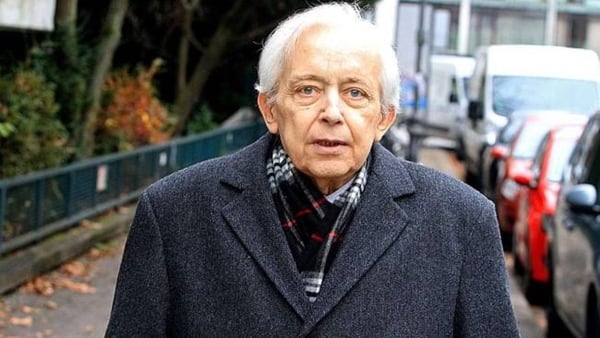People
Gurlitt Was Mentally Unfit to Write Will, Cousins Claim


Henri Neuendorf

As the art world waits for the Kunstmuseum Bern to decide whether or not it will accept the collection Cornelius Gurlitt bequeathed it in his will, a psychological evaluation has cast doubt over the Nazi-looted art hoarder’s mental health during his final weeks, FAZ reported. The evaluation portrays the late Gurlitt as a vulnerable, paranoid, and schizophrenic man.
It emerged that Gurlitt’s cousins, Uta Werner and Dietrich Gurlitt, ordered a psychological evaluation based on information taken from Gurlitt’s final letters and documents. Süddeutsche Zeitung reported that Dr. Helmut Hausner, the lawyer and senior consultant at the Center for Psychiatry in Cham who carried out the evaluation, concluded that “during the writing of his will on the 9.01.2014, Gurlitt suffered from mild dementia, a schizophrenic personality disorder, and a delusional disorder.”
The evaluation also discloses that Gurlitt was convinced that a “national socialist network was following him in order to gain access to his art collection.” Dr. Hausner claims that this paranoid condition denied him of “free will,” and significantly influenced his decision to bequeath his collection abroad to the Swiss museum.
Wolfgang Seybold, a lawyer representing Gurlitt’s cousins Uta Werner and Dietrich Gurlitt, told FAZ, that “[a legal challenge] remains an option, although it is not currently being considered.”
Seybold told the German daily that should the Kunstmuseum Bern accept the collection, the Gurlitt family may seek an out of court settlement or sue for the release of individual paintings. The Gurlitt family has previously insisted that, should they inherit the collection, they would restitute all suspected Nazi-looted artworks to their rightful owners or heirs (see “Gurlitt Heirs Pledge to Restitute Looted Art“).
Meanwhile, Alfred Weidinger, the deputy director of the Belvedere in Vienna, told the Art Newspaper that in his view, the Kunstmuseum Bern had only one option: “to accept the bequest, not just the best pieces but the entire collection, and, after it has been investigated and restitution claims have been dealt with, to auction it all and to pass on the entire proceeds to a Jewish institution caring for Holocaust victims.”